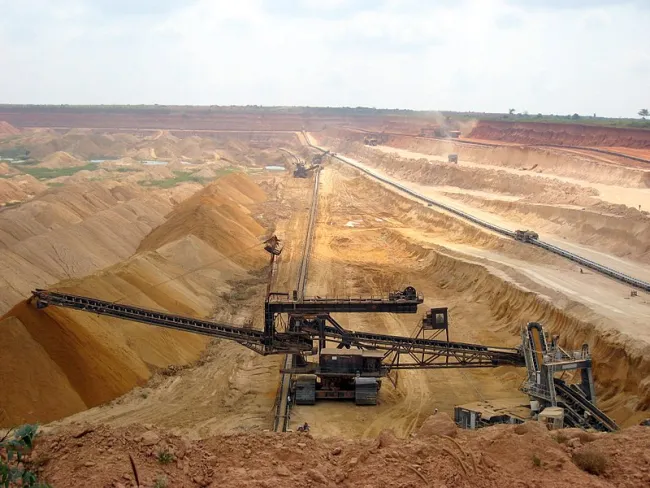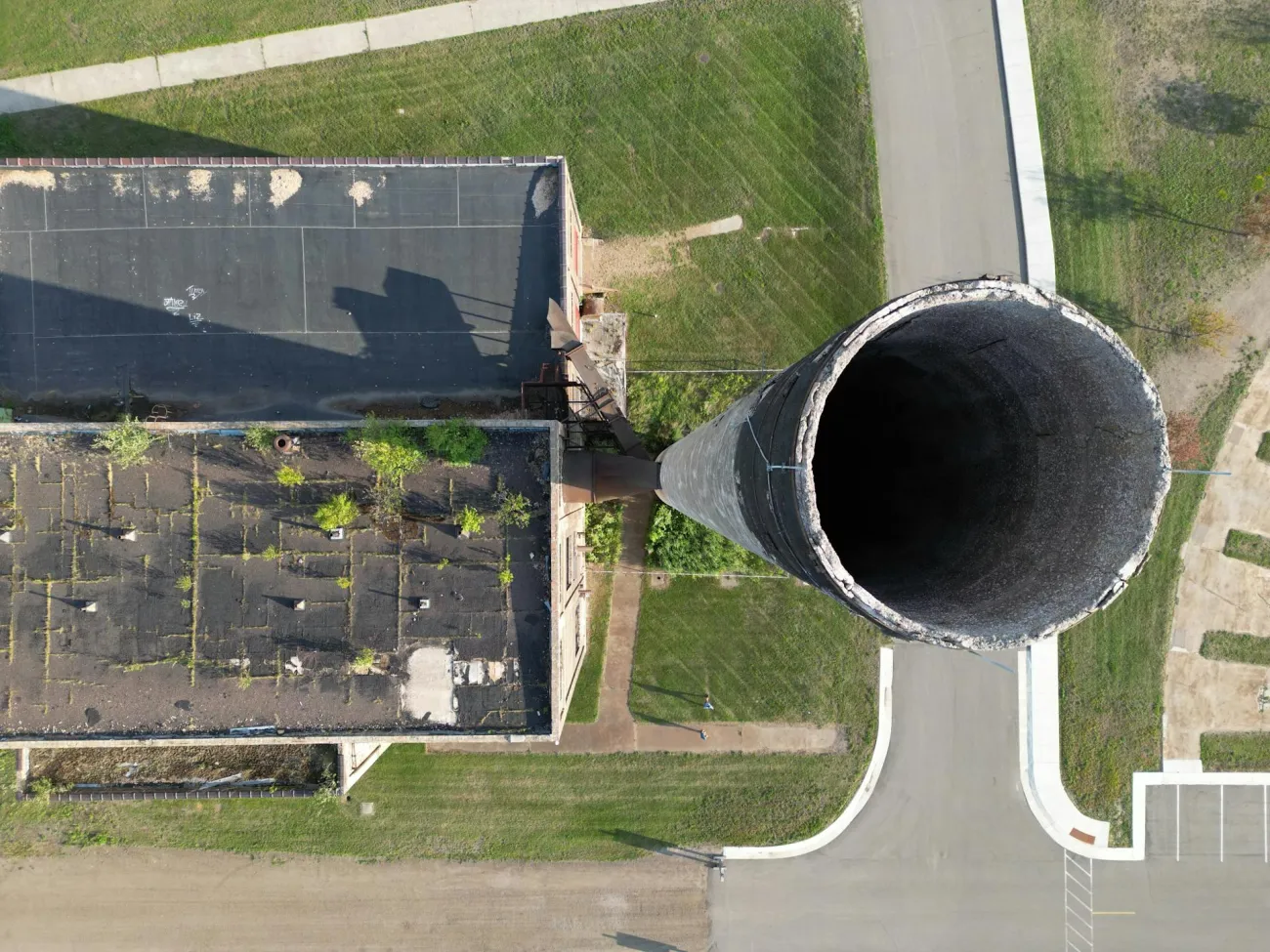This paper reviews the literature on the supply chain of phosphorus, a nutrient required in agriculture, and finds that current reporting is inadequate regarding phosphorus reserves and resources, losses along the supply chain, environmental and sociopolitical externalities, and open access to data.

Regarding information on phosphorus reserves and resources, the paper finds that current reporting problems include different definitions of key terms, unclear reporting of the concentration of phosphorus in ores, proprietary data leading to a lack of reporting, and dependence on a single open access source of reporting.
Although estimates suggest that around 80% of phosphorus is wasted between mine and fork, a lack of data on issues such as fertiliser processing, phosphorus runoff from farmland and phosphorus in food waste means that it is difficult to quantify the exact losses at each stage of the supply chain.
The paper identifies a number of impacts produced by the phosphorus supply chain, including both environmental issues such as eutrophication and air pollution and socio-political issues such as violation of the rights of indigenous people.
The paper argues that better open access reporting on the phosphorus supply chain could help to track the wider impacts of the supply chain, including food security and human wellbeing.
Abstract
Phosphorus (P) is an essential macronutrient in agriculture; however, lack of reporting makes its supply chain a black box. By using literature synthesis on the P challenge, we identify four areas where the reporting process is problematic: P reserves and resources; P losses along the supply chain; P externalities; and access to data. We find that in these areas, the reporting system is inconsistent, inaccurate, incomplete, fragmented and non-transparent. We use systems analysis to discuss implications of reporting on the sustainability of the P supply chain. We find that reporting is essential for the achievement of global P governance and the human right to adequate food. It can also inform decision makers and other impacted stakeholders on policies on agriculture, food security, pollution and international conflict. An improved P reporting process also allows a better evaluation of global sustainability commitments such as the United Nations Sustainable Development Goals.
Reference
Nedelciu, C.E., Ragnarsdóttir, K.V., Stjernquist, I. and Schellens, M.K., 2019. Opening access to the black box: The need for reporting on the global phosphorus supply chain. Ambio, pp.1-11.
Read the full paper here. See also the Foodsource chapter Food systems and contributions to other environmental problems.




Comments (0)